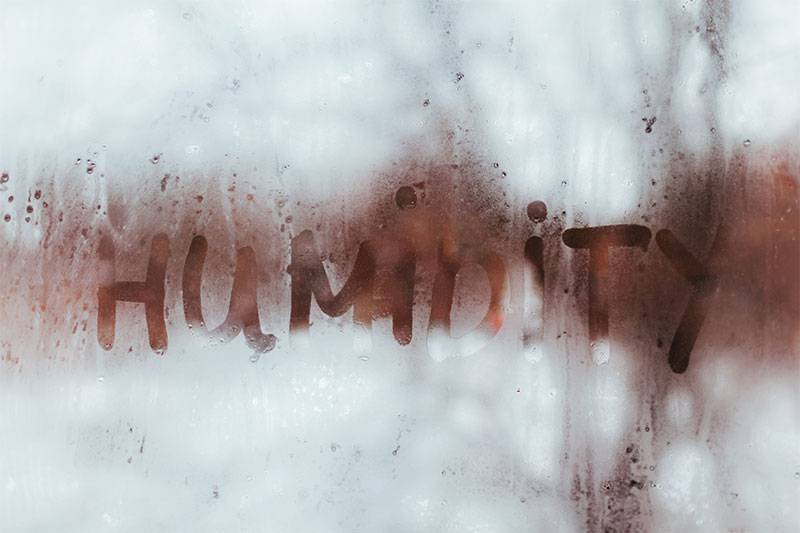
Humid weather has a significant effect on your body, and it can translate to health benefits and a few risks as well. After all, we’re more susceptible to the weather than you think.
So, how does humid weather affect your body? Don’t worry, it’s not as bad as it sounds, but there are things you should know if you live in a humid area or are traveling to one. Stay safe and share this information with friends and family. Humidity will no longer cause you trouble.
What is humidity, anyway?
Humidity, or better said, relative humidity, is the amount of vapor in the air. It somewhat means that the air is wetter, which might make you feel all hot and sticky. Humidity is often measured in percentages. A 100% humidity doesn’t mean that you’re submerged in water, but that the air can’t hold any more water at its current temperature. The chillier the air, the less water particles it can hold.
So, is humidity a bad thing? Not really, but it has some health risks associated with it. And it’s because you can overheat in high humidity weather!
Humidity alters your perception of heat
When it’s humid outside, your body has a tough time cooling itself with sweat. Did you know it’s not sweat that cools you down but it’s evaporation? When the sweat evaporates, it takes some of the heat from your skin, but that doesn’t happen in humid weather, as the evaporation literally can’t happen.
This means there’s nothing you can do to cool down, and you get sweatier and stickier by the minute. This is rarely dangerous, but it can cause your body to overheat, which often means dehydration, a hazardous condition.
What’s the risk of getting dehydrated?
Dehydration might lead to many health risks, some minor and others much more significant. Here are the dangers of dehydration.
Kidney Stones. If you’re dehydrated often, your kidneys can’t eliminate all the minerals through urine, and some of them become kidney stones that might even send you to the hospital.
You get Moody. When dehydrated, your brain cells get increasingly agitated, and they cause anxiety, depression and fatigue. These are all signs that you need to drink some water.
Hypertension. Dehydration means that your cells lack water, and that makes your veins compress, elevating your blood pressure. This is not good for your heart at all.
Constipation. Your body needs a certain amount of water to get things flowing down there, and if you’re dehydrated, you’ll most likely suffer from congested intestines or constipation.
Muscle Cramps. If you’re dehydrated, your muscles lack sufficient fluids to work properly, so they contract and expand involuntarily in what we know as cramps. Athletes often get cramps not for exercising but for dehydration.
Death. In extreme dehydration cases, your body will shut down, and your systems will fail, causing death. This is rare, though, unless you’re in an extreme survival situation.
Cool yourself down even in humid weather!
Cooling down in humid weather might be challenging. After all, you can’t rely on evaporating sweat, our body’s own A/C. Still, there are several ways to lower your temperature and stay fresh and safe.
For starters, drink plenty of water. Sports drinks with no added sugar are an excellent alternative as well, as they replenish your mineral levels. You might also want to splash some water in the back of your neck, face and arms, and stand in front of a fan to help evaporate the water, lowering your skin’s temperature.
If you can spend a few minutes in a room with air conditioning, that will definitely help, especially if you feel awfully hot. And as for the things to avoid, don’t eat ice cream or anything like that, since all those extra calories will just make you feel hotter!



